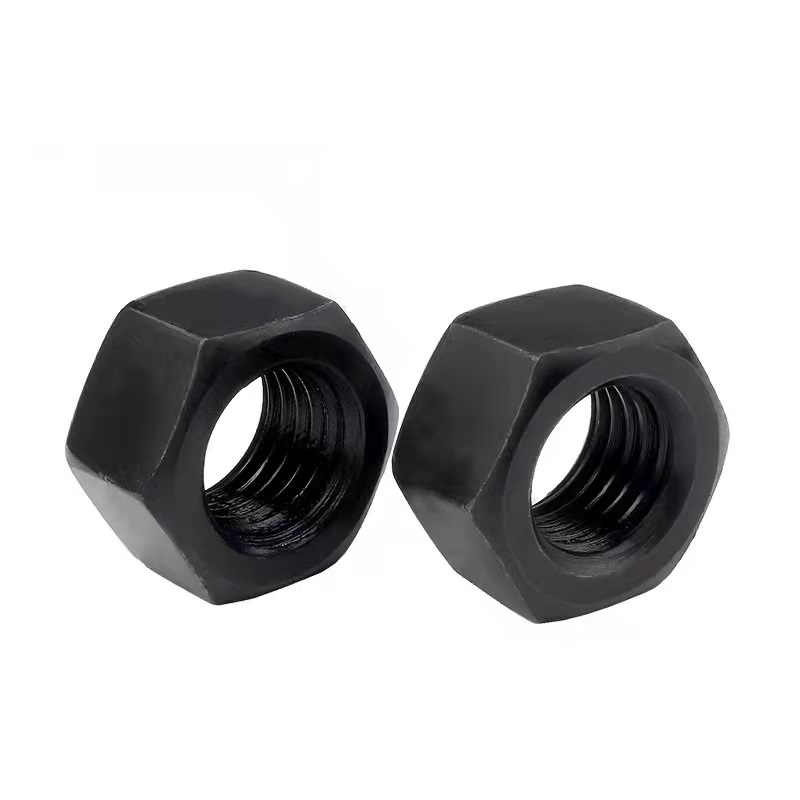din 938 stud bolt suppliers
Nov . 16, 2024 10:04 Back to list
din 938 stud bolt suppliers
Understanding DIN 20938 Stud Bolt Suppliers Quality and Standards
When it comes to industrial applications, fastening solutions play a crucial role in ensuring structural integrity and operational efficiency. Among these solutions, DIN 20938 stud bolts are an essential component utilized in various engineering and architectural projects. This article explores the significance of DIN 20938 stud bolts and the critical role suppliers play in maintaining high-quality standards.
What are DIN 20938 Stud Bolts?
DIN 20938 refers to a specific standard in Germany that outlines the dimensions, material specifications, and performance characteristics of stud bolts. These bolts are typically used in high-pressure and high-temperature applications and are known for their robustness and reliability. The DIN 20938 standard ensures that these fasteners can withstand significant loads, making them an ideal choice for sectors such as construction, oil and gas, and manufacturing.
Stud bolts are designed with a threaded rod that extends on both ends, allowing for a secure fit when paired with nuts. The threads can be of varying lengths, depending on the applications they are intended for. The usage of these stud bolts minimizes the risk of loosening over time, which is essential in maintaining safety and performance standards in critical applications.
The Importance of Quality in Manufacturing
The procurement of DIN 20938 stud bolts from reputable suppliers is paramount for various reasons. Quality control in the manufacturing process ensures that the bolts meet or exceed the outlined specifications, thereby providing confidence in their performance. Low-quality fasteners can lead to catastrophic failures, resulting in costly downtimes, safety hazards, and potential loss of life. Therefore, when sourcing stud bolts, it’s crucial to choose suppliers that adhere to strict quality assurance processes.
Certified manufacturers often possess relevant certifications such as ISO 9001, which reflects their commitment to producing high-quality products. These certifications ensure that their manufacturing processes are continuously monitored and improved, which is vital for maintaining the integrity of the fasteners.
din 938 stud bolt suppliers

Choosing the Right Supplier
Selecting the right DIN 20938 stud bolt supplier involves several critical considerations. First, prospective buyers should evaluate the supplier's experience and reputation in the industry. Renowned suppliers typically have a substantial portfolio demonstrating their capabilities and ethical practices. Client testimonials and case studies can provide insight into the supplier’s reliability and quality.
Second, potential customers should inquire about the materials used in manufacturing the stud bolts. High-grade materials such as stainless steel, alloy steel, or other corrosion-resistant materials are essential for enhancing the longevity and performance of the bolts, especially in harsh environments.
Additionally, assessing the range of services offered by the supplier can be beneficial. Some suppliers provide custom manufacturing options, allowing clients to specify bolt dimensions and materials to meet their unique requirements. This flexibility can be advantageous in specialized industrial applications.
Lastly, evaluating the supplier’s customer service is equally important. A supplier that offers excellent support and communication can significantly enhance the purchasing experience. A responsive team can provide essential information on product specifications, lead times, and post-sale support and can assist in troubleshooting any issues that may arise.
Conclusion
In conclusion, DIN 20938 stud bolts are integral components in various engineering applications, necessitating high-quality standards in their manufacturing. Suppliers play a critical role in ensuring that these fasteners meet design requirements and performance expectations. By focusing on quality materials, extensive industry experience, and exceptional customer service, stakeholders can make informed decisions about their stud bolt procurement needs. As industries continue to evolve, maintaining a focus on quality and standards will remain essential in achieving safety and operational efficiency.
Latest news
-
High-Quality Panel Stud Bolt Reliable Panel Stud Bolt Factory & Suppliers
NewsJul.08,2025
-
High-Precision Fine Thread Locknuts Manufacturer & Supplier Custom Solutions
NewsJul.08,2025
-
PH Imperial Stud Bolt – High Strength Fasteners from Leading Supplier & Factory
NewsJul.07,2025
-
High-Quality Allen Wrench Bolts Leading Factory, Company & Suppliers
NewsJul.07,2025
-
Wholesale Ball Stud Bolt - High Quality Supplier & Factory Price Reliable Wholesale Ball Stud Bolt Company
NewsJul.06,2025
-
High-Strength Alloy Bolts Manufacturer & Supplier Quality Alloy Fasteners Factory
NewsJul.06,2025
